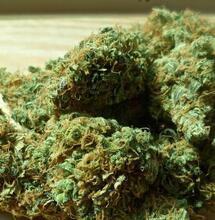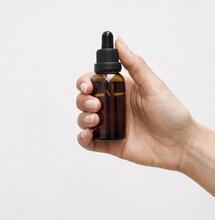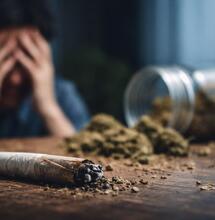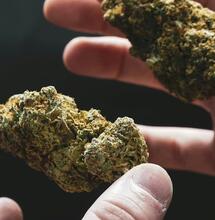Microdosing with CBD Improves Sleep
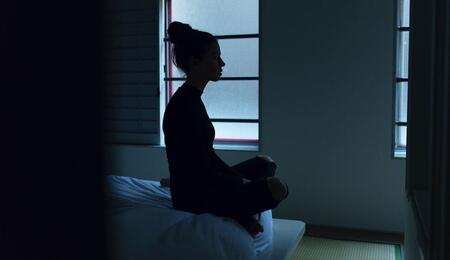
One of the more successful methods to treat sleep disturbances with CBD is to microdose it. A new study suggests that the ideal dosing could be 15 mg per day. Low doses of CBD are as effective as melatonin in improving sleep, says the study.
A new study published in the Journal of American Nutrition Association claims that a daily intake of 15 mg of CBD improves sleep quality for those who struggle with troubled sleep.
Researchers affiliated with the University of California (UCLA) and the Scripps Clinic Sleep Center in San Diego investigated the efficacy of various formulations of CBD versus melatonin in aiding sleep. The study, which included nearly 1,800 participants, suggests that the use of CBD alone and in combination with other cannabinoids, such as CBN and CBC, helped patients improve their sleep in a similar way as melatonin.
The study further reports that there were no significant differences in outcomes among those patients who consumed CBD alone and those who combined Cannabidiol with other cannabinoids. Which would be one of the novelty finds.
One of the minor cannabinoids, CBN, is widely marketed as a superior sleep aid. And it has been said many times until now that a formulation of CBD and CBN can be more successful in offering a good night's sleep than CBD alone. There's now less reason to believe this to be true.
"Most participants across all formulations experienced a clinically important improvement in their sleep quality," the researchers note.
To assess CBD efficacy, researchers randomly assigned 1,793 adults with symptoms of troubled sleep to receive a four-week supply of one of six capsule products. Each product either contained 15 mg of CBD or 5 mg of melatonin, alone or in combination with other minor cannabinoids.
Over a five-week period, the researchers analyzed data from participants gathered through weekly online surveys. They found that all CBD formulations showed "a favorable safety profile," and all formulations led to "significant improvements" in sleep disturbance. Side effects were reported among 12% of participants, but none were severe.
Between 56 and 75% of participants, across all formulations, experienced "clinically important improvement to their sleep quality," according to the study, with no significant differences in the effects generated from the different formulations.
"Our findings suggest that chronic use of a low dose of CBD is safe and could improve sleep quality, though these effects do not exceed that of 5 mg melatonin," concludes the research team. "Moreover, the addition of low doses of CBN and CBC may not improve the effects of formulations containing CBD or melatonin isolate."
This is not the first study confirming the beneficial sleep effects of CBD alone and in combination with other aids such as melatonin.
Still, what remains unanswered is how exactly CBD works in the body to deliver its therapeutic effect. One postulation due for research is that Cannabidiol has an indirect impact on sleep. Its ability to alleviate anxiety and stress, reduce pain and potentially treat involuntary muscle twitching, among other effects, might explain how CBD facilitates better sleep.




